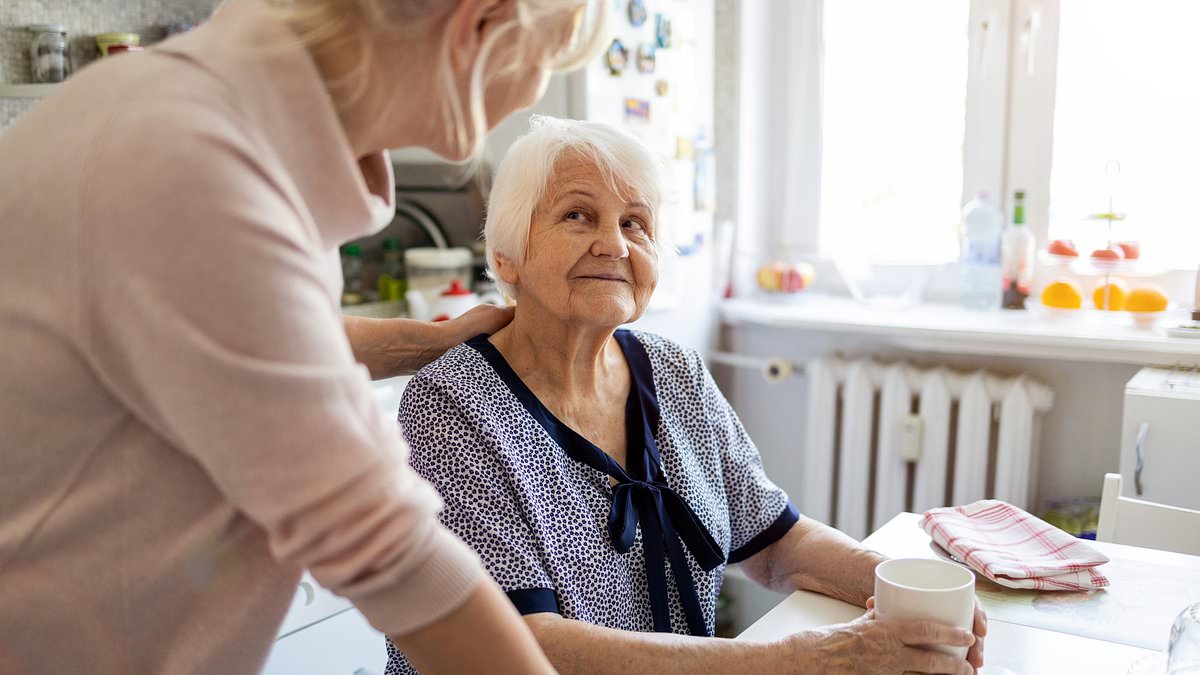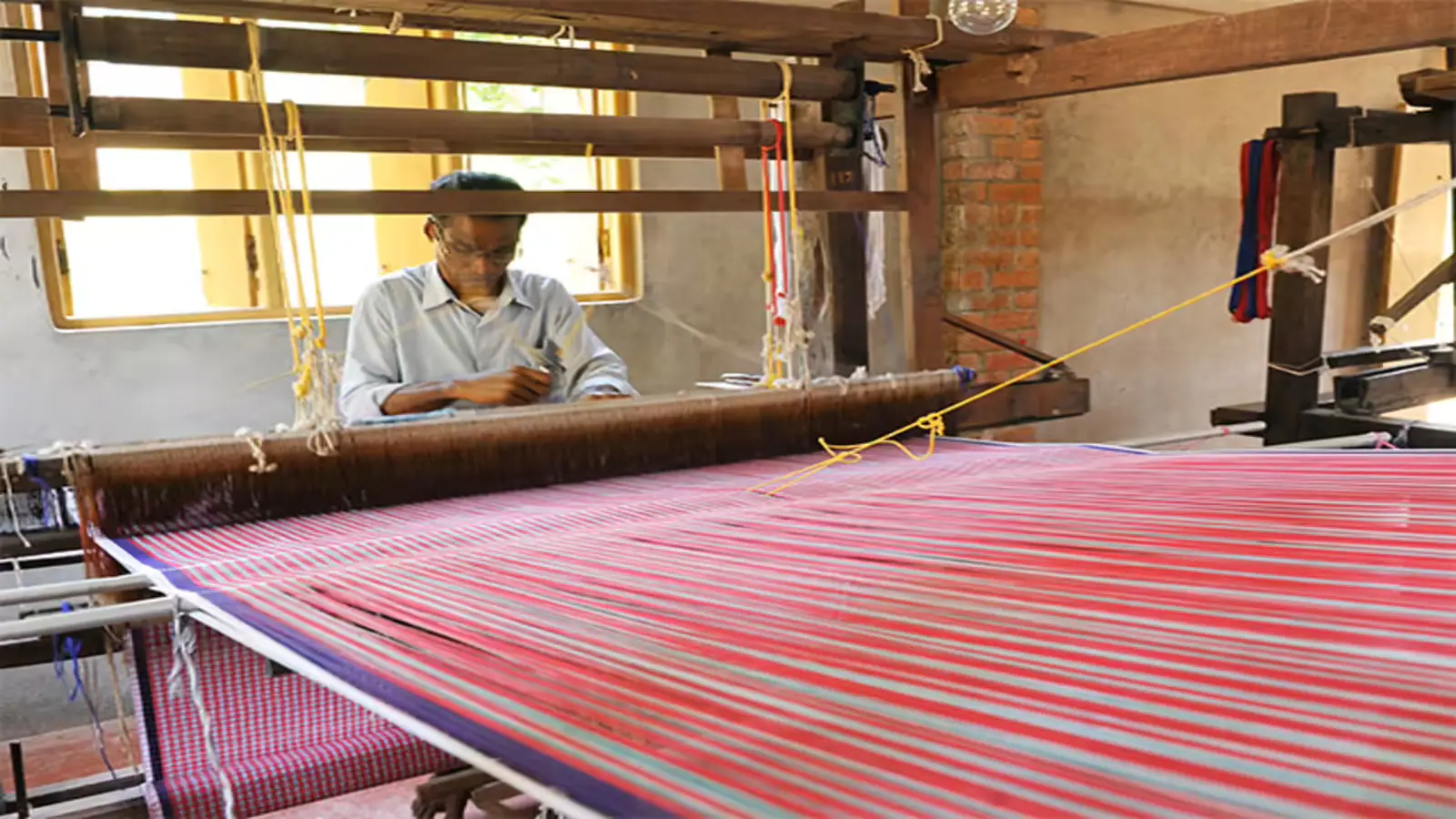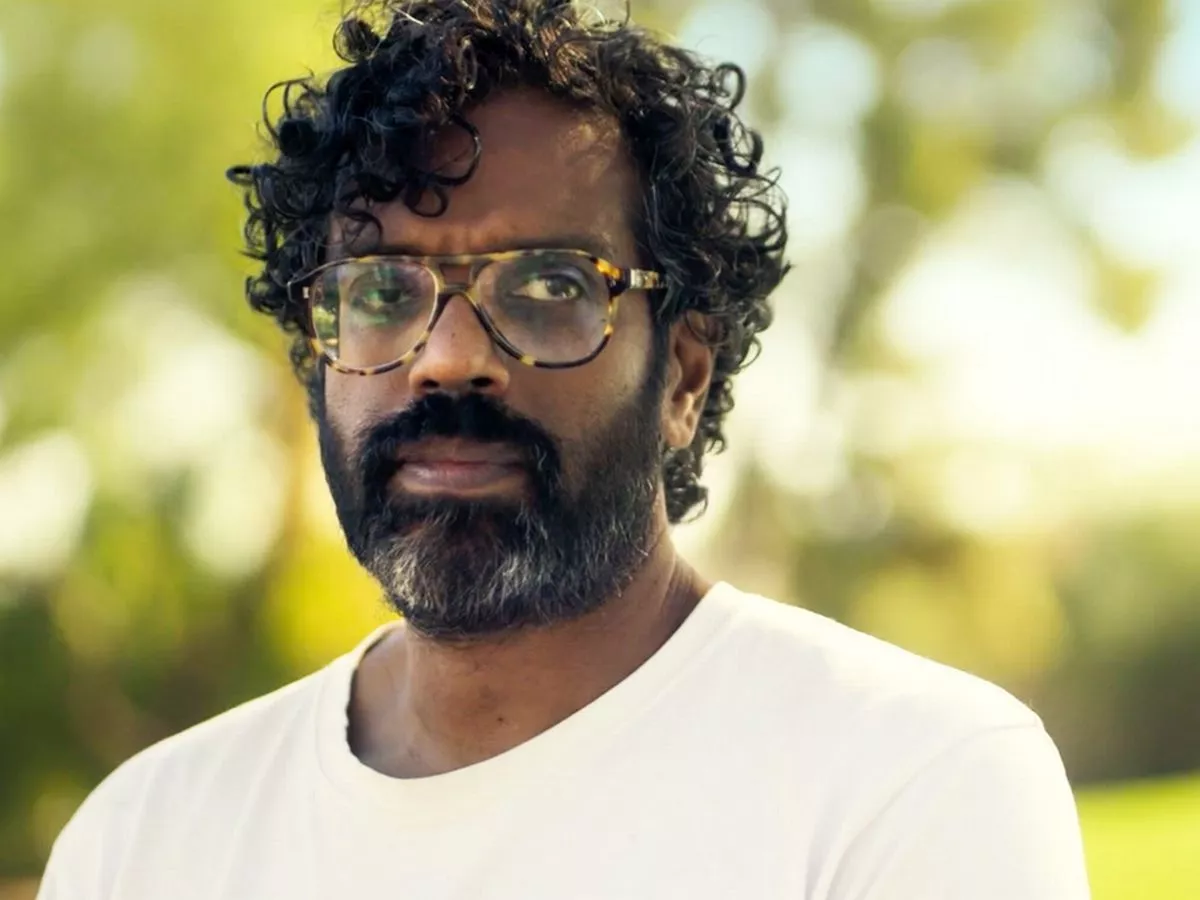By Editor,Shaun Wooller
Copyright dailymail

Elderly Britons are ‘bearing the brunt’ of a struggling health and social care system with many unable to get the help they need, a damning report warns.
While the number of older people continues to rise, Age UK said it is ‘shameful’ that pensioners are now spending a shorter amount of their retirement in good health.
Men can expect just 10.1 years of good health once they hit 65, while women typically get 11.2 years, with those in poorer areas fairing even worse.
The charity said the number of full-time equivalent GPs has not kept pace with the growing elderly population and fewer older people receive social care support than a decade ago.
It means many are left to rely on friends and family to help them with routine daily tasks such as washing, cooking and cleaning.
Age UK’s report reveals the percentage of people aged 65 and over with common mental health problems who are not receiving treatment is higher than any other age group.
One in seven (14 per cent) 65 to 74-year-olds has a common mental health condition, including generalised anxiety disorder, depressive episodes, and panic disorders.
But two-thirds (67 per cent) with clinically significant symptoms are going untreated, rising to 78 per cent for those aged 75 and over.
Some of our ‘most vulnerable’ older people are unable to access NHS dental treatment, with the ‘oldest old’ – aged 85-plus – seen least by dental services, figures show.
In 2025, 16 per cent of respondents to the GP Patient Survey aged 65 and over said they had been unable to get a dentist appointment in the last two years.
And 28 per cent felt the length of time they waited for a GP appointment was too long.
Caroline Abrahams, charity director at Age UK, said its report ‘paints the picture of a health and care system under unprecedented pressure – in some places, at times virtually under siege’.
She added: ‘The uncomfortable truth though is that at present, many older people are not able to get the high-quality healthcare and social care support they need – and they do not have time on their side.
‘Against this context it’s not surprising that satisfaction levels are sharply down and there’s a trend towards more “going private” if they can afford it.
‘Sadly, the result is that inequalities are growing and those who are least advantaged are being left further behind.
‘The starkest evidence of this are gaps in healthy life expectancy the scale of which shame us as a nation.’
Age UK wants the Government to make serious efforts to reduce the number of emergency hospital admissions for acute and chronic conditions that could be managed in the community to under 100,000 a year; guarantee that all older people diagnosed with severe frailty in the community receive at least a structured medication review and falls risk assessment; and cut the numbers of people delayed in hospital when fit for discharge back to pre-pandemic levels – to around 4,500 on a typical day compared to 12,000 now.
It also urged the commission into adult social care, headed up by Baroness Louise Casey, to publish its final report earlier than the current 2028 timeline.
It comes as a separate study by the Royal Society for Public Health found more than a third of adult social care services in England are failing to support people to live healthier lives.
Only 462 out of 1,097 (58 per cent) care home and home care providers were rated ‘good’ or higher on this criteria in recent inspections by the Care Quality Commission, according to Freedom of Information responses.
Relevant measures included how well social care service users were encouraged to make healthier choices in their diet, lifestyle and physical activity, and the extent to which health risks were identified through GP referrals or other health checks to prevent someone’s condition deteriorating.
It wants short 15-minute visits by carers phased out in favour of care plans tailored to individual needs.
Meanwhile, the Nuffield Trust think tank said there is an unfair ‘luck of the draw’ when it comes to families getting NHS funding for their loved ones, with wide regional variation.
Continuing healthcare (CHC)HC is a package of health and social care provided outside of hospital, which the NHS pays for.
It is for people who are identified as having a ‘primary health need’ but has repeatedly hit the headlines for being an unfair system.
Overall, the number of people eligible for CHC fell from 57,216 at the end of June 2017 to 52,008 at the end of December 2024 – a drop of 9.1 per cent.
Responding to Age UK’s report, a Department of Health and Social Care spokesperson said: ‘We know that elderly people have been failed by the health and care system in the past, and we’re determined to fix this.
‘That’s why we have commissioned Baroness Casey to provide an independent roadmap to building a National Care Service – with the first steps due next year.
‘We have taken immediate action to support the social care sector, including a funding boost of more than £4billion, money for an extra 15,000 home adaptations for disabled people, the biggest uplift to the Carer’s Allowance threshold since the 1970s, and the first ever Fair Pay Agreement to boost recruitment and retention in the workforce.’



